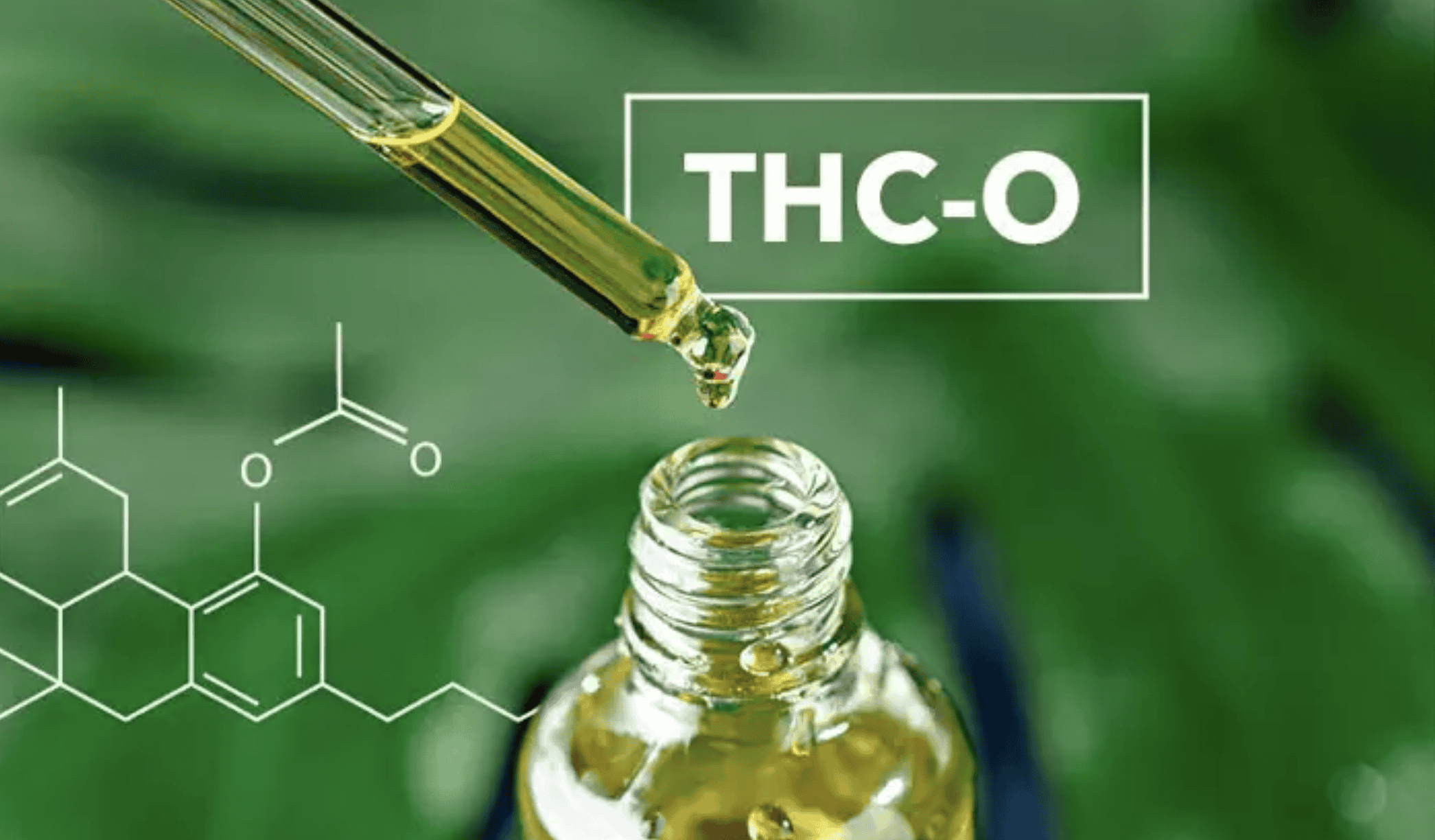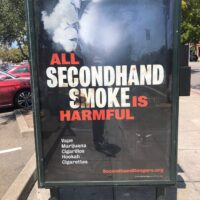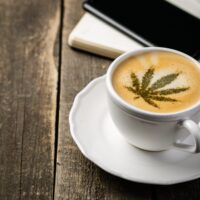
UPDATE 2/15/23:
NORML has always warned that delta-9-THCO is illegal under the Synthetic Analogues Act. This DEA decision also applies to delta-8-THCO, which shouldn’t be confused with the more popular delta-8 THC.
A new study by Benowitz et al. [1] raises safety concerns about THC-O acetate, a potent psychoactive cannabinoid derived from hemp that is being marketed on the internet and unlicensed stores. The authors warn that THC-O acetate could potentially cause EVALI lung disease when vaped or smoked. THC-O acetate, which is chemically synthesized from hemp CBD, has never been tested for safety in human studies. It is said to be three times more potent than delta-9 THC, the psychoactive ingredient of natural cannabis.
THC-O acetate shares structural similarities with Vitamin-E acetate, an additive in unlicensed vape cartridges linked to the 2019-20 outbreak of EVALI lung disease, which sickened 249 Californians, five of them fatally. When heated in a vape pen, both substances produce ketene, a “highly potent lung toxicant” and likely cause of EVALI. According to the authors, toxicity could be acute or chronic depending on the dose and duration of use. Vape cartridges containing THC-O acetate are readily available on the internet from various unlicensed sources.
THC-O acetate is one of several novel, psychoactive cannabinoids derived from hemp that are now available on the national unlicensed hemp market, among them THC-P, THCjd. THC-H, THC-B, HHC, and Delta-10 THC. Unlike THC and CBD, the primary cannabinoids in natural cannabis, none have been tested for safety in human subjects. Some are reported to be much more potent than THC.
Another popular hemp-derived cannabinoid, Delta-8 THC, although weaker than Delta-9 THC and thought to be safe in humans, has generated FDA health warnings following hundreds of consumer complaints and poison cases. Concerns have been raised about impurities and contaminants in Delta-8 hemp products introduced by the conversion process from hemp CBD. Safer, tested Delta-8 products are available from California’s licensed cannabis manufacturers and dispensaries.
The sale of psychoactive hemp derivatives was recently deemed legal under federal law by a Ninth Circuit Court decision (AK Futures v. Boyd Street Distro). Legal experts have questioned the decision, noting that synthetic cannabinoids are illegal under the Federal Analogue Act. Under the 2018 federal Farm Bill, cannabis with less that 0.3% THC is legal to grow, and its products can be sold nationally. Despite this limit, some companies are selling hemp-derived products with enough total delta-9 THC to produce a psychoactive effect in consumers.
California’s industrial hemp law, which is overseen by the California Department of Public Health (CDPH), currently disallows the sale of hemp products with active cannabinoids other than CBD [2]. However, enforcement is spotty, and unlicensed products remain widely available via internet and retail outlets like gas stations and smoke shops in California. “It’s ironic that the federal government has opened the door wide for untested and potentially toxic new synthetic cannabinoids, but still bans natural cannabis despite its millennia-long record of safe human use,” says Cal NORML director Dale Gieringer.
Cal NORML strongly advises consumers to avoid hemp products with psychoactive cannabinoids, especially novel ones stronger than THC, whose safety is particularly suspect. CBD products may be safely obtained from state-registered industrial hemp product manufacturers, whose products must be tested for safety and cannabinoid content. Under state law, hemp products should have a batch number and a label, website, QR code or barcode linking to the laboratory test results that state the levels of cannabinoids, total THC, and presence of contaminants, as well as the address and phone number of the manufacturer. Violations can be reported to CDPH.
CBD products may also be safely obtained from state-licensed cannabis dispensaries, typically in combination with THC. Dispensaries also offer other, less common cannabinoids that are deemed safe for human use, among them CBN, CBG, CBC, THCV, THC-A, CBD-A, and Delta-8 THC.
California NORML, the state chapter of the National Organization for the Reform of Marijuana Laws, has advocated for the rights and safety of cannabis consumers in California since 1972. More at: www.CaNORML.org
[1] Benowitz et al., “Vaping THC-O Acetate: Potential for Another EVALI Epidemic” Journal of Medical Toxicology, 12 Dec 2022.
[2] CBG, a non-psychoactive cannabinoid common in immature marijuana plans, is also permissible.



